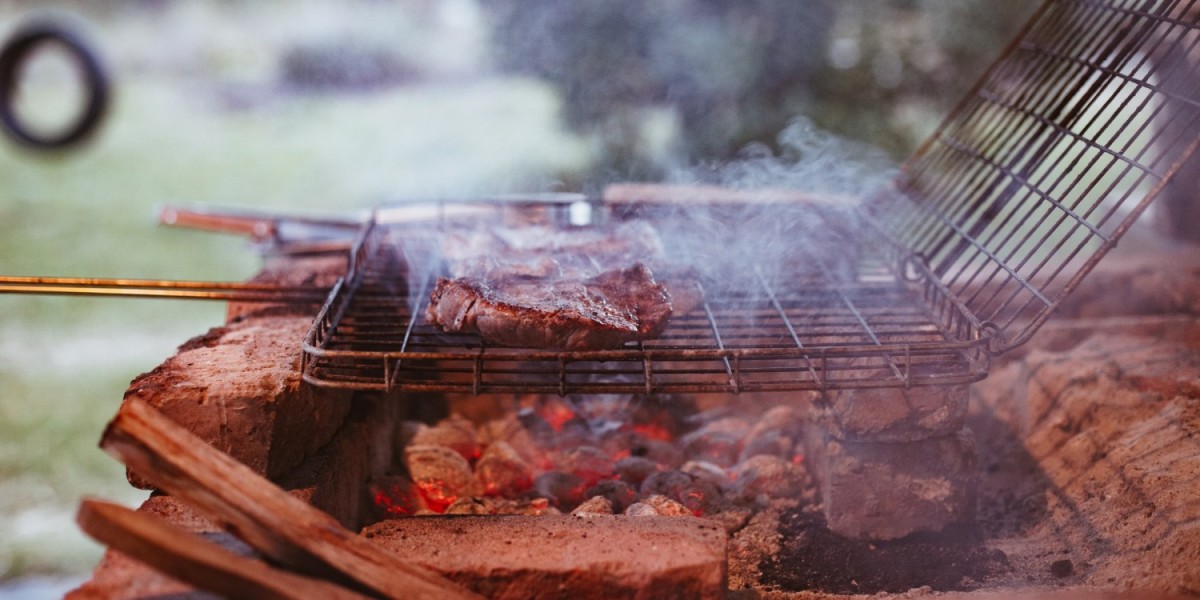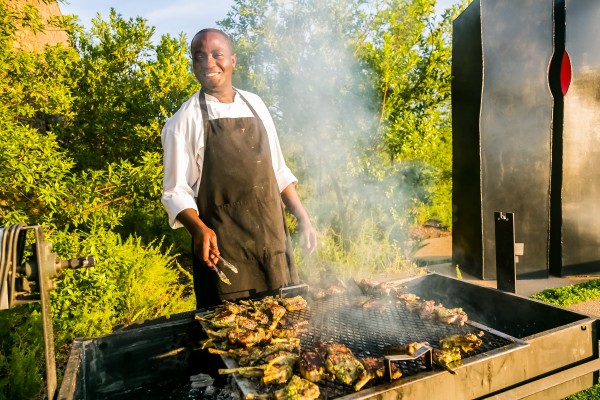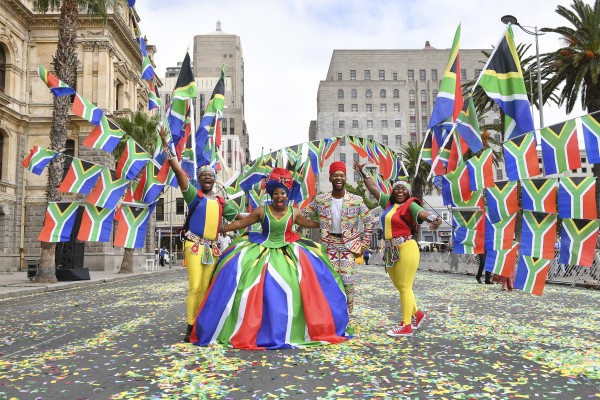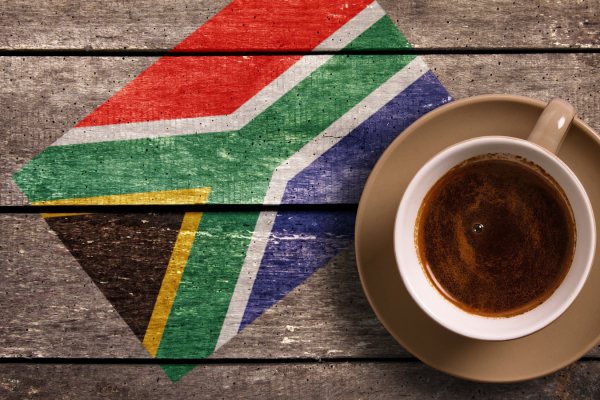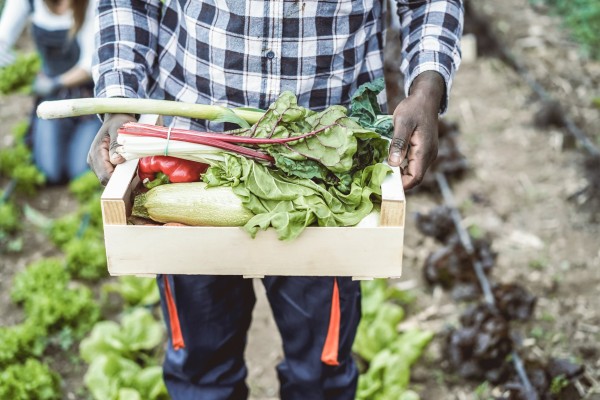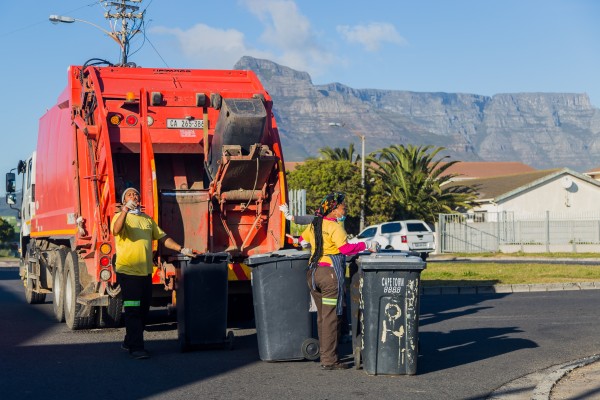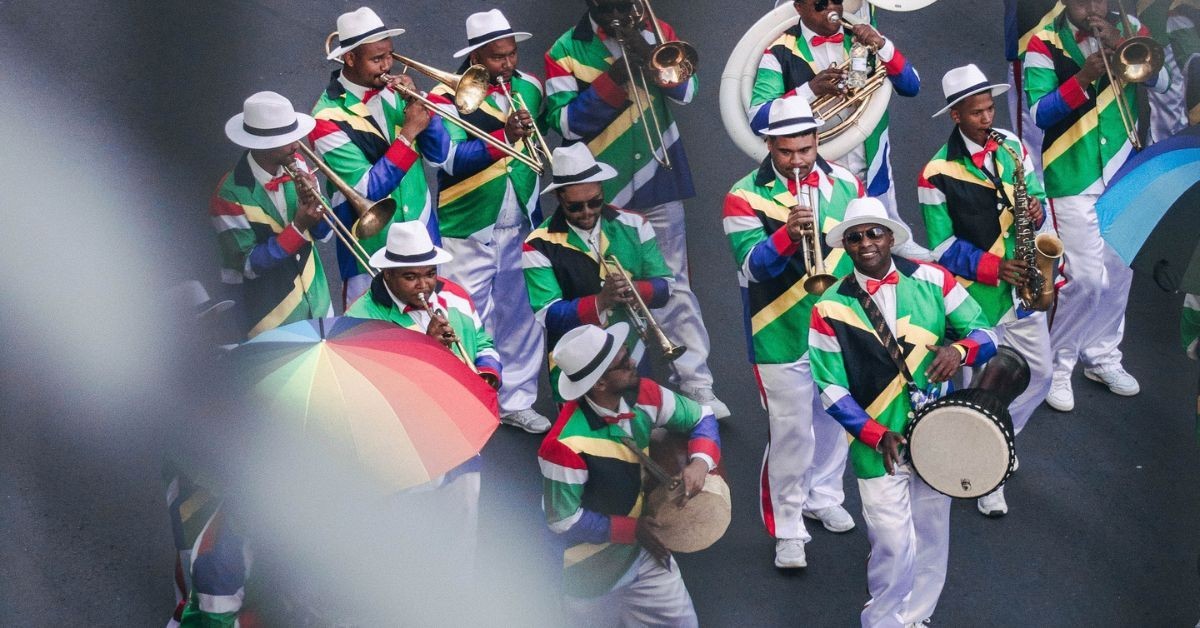
When moving to a new country, it can be daunting to adjust to a new local culture. Adapting to new rituals, slang, social norms, and behaviour, for a new citizen, there are a lot of different elements to take in and fully process.
This is true for South Africa as well, but trust us living in South Africa makes it well worth it! Understanding the local cultures can be difficult in a country with 11 official languages, massively diverse landscapes, and complex history.
So how does one settle into South Africa’s local cultures? One step at a time. But let’s first talk about the first emotion you will feel - shock.
Is South Africa a Culture Shock?
For those unsure what “culture shock” is, it is the experience that describes a newcomer's feelings of general confusion, stress, and disorientation when being exposed to a new, unfamiliar culture.
And when looking at the crazy, vibrant atmosphere of our country, it shouldn’t come as a surprise that many moving to Mzansi get a complete cultural shock.
After all, wherever you called home before would have had its social norms and structures, which have vanished and been replaced with new ideas and languages.
Be warned that extreme culture shock (which can be avoided with some prep work before visiting South Africa) can be unpleasant.
So, how does one even begin to understand some of the local cultures of South Africa?
Open Your Mind
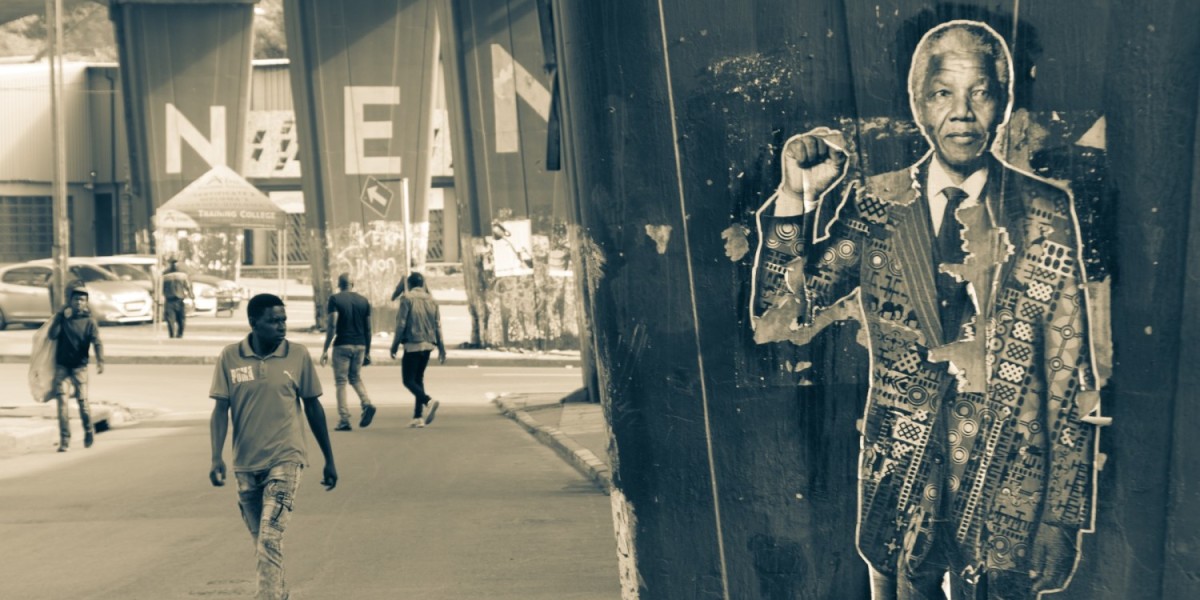
Being curious will help when trying to learn about new cultures. Whether you’re trying to figure out why Zulu men have German names in some areas of KwaZulu-Natal or why specific Afrikaans surnames have a French origin, South Africa is a complex country where many cultures have merged to form genuinely unique stories that require those who have just arrived to open their minds.
Very rarely will individuals from a different culture take offence to being asked questions out of curiosity. Finding these similarities is a great way to make a connection.
An open mind, when confronted with cultural practices that are difficult to comprehend, allows you to absorb what is going on and how it is significant to another culture’s beliefs and customs.
Be Observant
When walking into a new situation, it’s essential to be observant. By simply witnessing elements of the events happening around you, you will start to pick up social cues and be able to start understanding verbal and non-verbal communication.
Ask Questions
Asking questions can seem like showing signs of weakness, but it’s not. Making sure you understand what is happening and express that you are curious.
If you are trying to ask questions in a different language, make sure to ask whether you’re using phrases properly and repeat phrases to ensure your pronunciation is correct.
This can require rephrasing statements and repeating them for clarification.
It’s OK To Be Nervous
When put into a new situation, potentially speaking a different language, it’s ok to be anxious. It can sometimes feel like frustration, but pushing through is the best course of action.
You’d be surprised how quickly strangers will sympathise with your situation and assist. It’s honestly, human nature.
Cultures Can Be Fairly Focused
It wasn’t until the later part of the 20th century that people could travel the world and witness different cultures first-hand within hours. Only a select few would venture into the unknown.
Before, exposure to the world was limited. This means some cultures have developed genuinely unique beliefs and practices specific to their region.
There are many examples of cultural practices that don’t form part of what Western Culture would consider appropriate. Like giving a good burp after a good meal for example, or eating with your hands.
When confronted with a strange cultural practice from your perspective, take a step back and remember that culture is relative.
Avoid using language that will label certain ideals as “good” or “bad” from your perspective, and just accept this is what they believe.
Make Sure to Have a Buddy
It’s always essential to have a friend who will also be experiencing everything for the first time or a cultural ally, so to speak. If you would love to have someone show you the cultural side of South Africa, try Wanderfullyso - the startup that helps you connect on a cultural level locally.
Or, try Couchsurfing as a way to meet locals with a passion for sharing their culture.
This will also allow you both to take in more about the cultural experiences happening around you. And if you’re unsure of what is happening, you have a second set of eyes to understand what has happened.
Now that you’re mentally ready remember to be patient. Understanding any new culture can take time.
We've compiled a list just for those wanting to understand some of South Africa’s most common slang.
South African Slang to Embrace
Like any country, South Africa has its own set of slang words. Some of these are frequently used and can be very confusing for foreigners. These include:
📢"Shame" - Ag shame
While for the rest of the world, saying the word “Shame” simply means a painful feeling of humiliation or distress as a result of performing a regrettable act.
However, in South Africa, locals will use shame as an emotive term of endearment and understanding. For example, “Shame, Doris, when did your dog go missing?” or simply “, What a shame.”
📢 "Robot" - It's a red robot! Stop!
Many tourists will be confused by South Africans’ referring to traffic lights as robots. While there are many theories about where this term came from, there is a train of thought, when traffic lights arrived in the country, traffic officers would direct the motor vehicles.
Replacing traffic officers with preprogrammed lights was seen as being conducted by a new robot.
And since then, it’s a term that has stuck.
📢 "Shap, Shap"
Locals will say “shap-shap” to indicate that everything is good. It’s usually used as a quick way to acknowledge what someone is offering and say “no thanks” politely.
📢"Howzit" - Howzit, my bru / china / tjom
South Africans generally speak very quickly; in this instance, they’ve combined “how’s it going” into one word.
Commonly used between close friends, it isn’t generally used when meeting someone for the first time.
📢 "Now-Now" | "Just-Now" | "Right Now" - I'll do it now-now
The concept of South African time is pretty different to the rest of the world, and there’s no better demonstration of this than the term now-now.
Now-now is a term that relates to the idea that whatever you’re planning will only happen in a short period of time.
For something more immediate you will need to say right now. While in other parts of the English world, this makes no sense. Every local will immediately understand the time command.
And finally, the just-now is an extended period for a task, which can be attended to within the next few minutes, the following day, or whenever the urge motivates them.
📢 A Bakkie - That's a lekka bakkie
Only South Africans refer to a pick-up truck or UTE as a bakkie. In Afrikaans, the word bak refers to a container.
Thus, the idea is that a bakkie is a vehicle with loading by.
📢 Kaapstad
Most tourists get very confused when following signs on the national road to Cape Town to find a new destination called, Kaapstad pops up.
Kaapstad is the Afrikaans word for the mother city or Cape Town, and for some odd reason, there is no indication of this on the signs. Most locals don’t even realise the signage has changed.
📢 "Isit?" - Isiiiit?? She really did that!?
Commonly pronounced as “Izzit” is an expression that indicates an acknowledgement that something is surprising.
South Africans can use this term in several ways and be sarcastic or genuine to a new fact.
📢 "Eish" - Eish, no power!
A term used to proclaim a moment of surprise or disapproval. If something terrible has occurred, such as dropping a phone or something bad happening. Widely used by all South Africans.
📢 "Jol" - That as a lekka jol!

A party in South Africa is called a Jol, somewhere to let loose and enjoy a party, nightclub, or braai. But what’s a braai?
📢 "Braai" - How's about a Braai this weekend?
A braai is an event where South Africans cook food on an open flame. Braai culture is a massive part of South African makeup.
From how the fire is lit to the salads and venue, it’s a cultural event everyone loves. For most, the differences between a general BBQ and a braai are how the fire is lit (never gas) and the food being cooked (Vienna sausages will never be cooked on a braai) - or braaied.
If invited to a braai, it’s usually casual wear, with swimming costumes required if there is a pool. Usually, no more than six to eight people are involved, including the hosts.
Ready to Embrace South Africa?
Now that you have a better understanding of some aspects of South African cultural slang and how to settle in, you’ll be fitting in with the locals within no time.
We look forward to welcoming you to our beautiful country!
What do our customers say?



